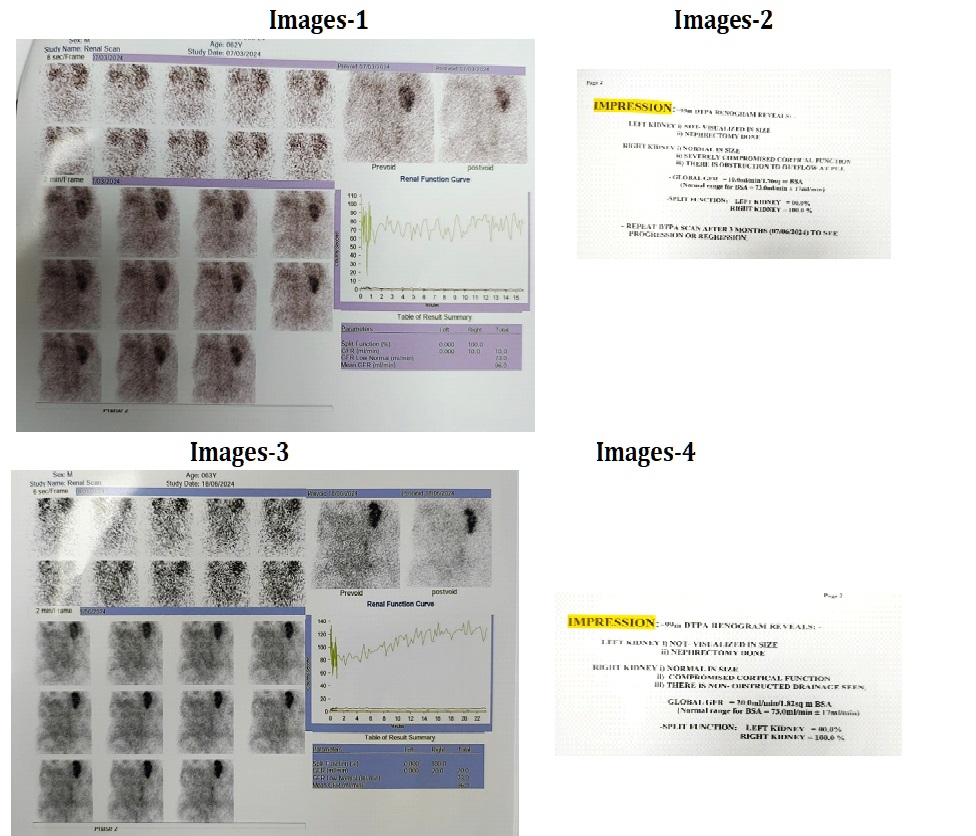Integrating Ayurveda in Chronic Kidney Disease Management
DOI:
https://doi.org/10.47070/ayushdhara.v11i5.1765Keywords:
Chronic Kidney Disease (CKD), Trivrit Avleha, Chander Vati, Asthipurak Vati, Sanjeevani Vati, Sarvatobhadra RasAbstract
Chronic Kidney Disease (CKD) is increasingly common, affecting diverse age groups, including young adults. Conventional treatments like dialysis and renal transplantation are often prohibitively expensive in India, reducing access and quality of life for many patients who are ineligible for these treatments. This highlights the need for alternative therapies that support better health and manage CKD's progression. CKD involves irreversible kidney damage, frequently driven by hypertension and type 2 diabetes, both of which progress quietly until symptoms like pedal edema, appetite loss, nausea, urination issues, frothy urine, and fatigue arise. Diagnostic measures for CKD include kidney function tests, showing elevated serum urea and creatinine, and DTPA renal scans, which provide detailed insights into renal function and disease progression. Ayurvedic interventions, such as Trivrit Avleha, Chander Vati, Asthipurak Vati, Sanjeevani Vati, and Sarvatobhadra Ras, have shown promise in enhancing renal health, with improvements in DTPA scan results observed before and after treatment. A case report involving a 63-year-old male patient with CKD and new-onset hypertension illustrates this: after three months of Ayurvedic treatment at Jeena Sikho Lifecare Limited Hospital, Derabassi, the patient experienced relief from constipation, calf pain, bilateral flank pain, and flank swelling. This case demonstrates the potential of Ayurvedic therapies in CKD management, providing a holistic approach that can improve patient outcomes and alleviate CKD symptoms effectively.
Downloads

Downloads
Published
Issue
Section
License
Copyright (c) 2024 AYUSHDHARA

This work is licensed under a Creative Commons Attribution-NonCommercial-ShareAlike 4.0 International License.


